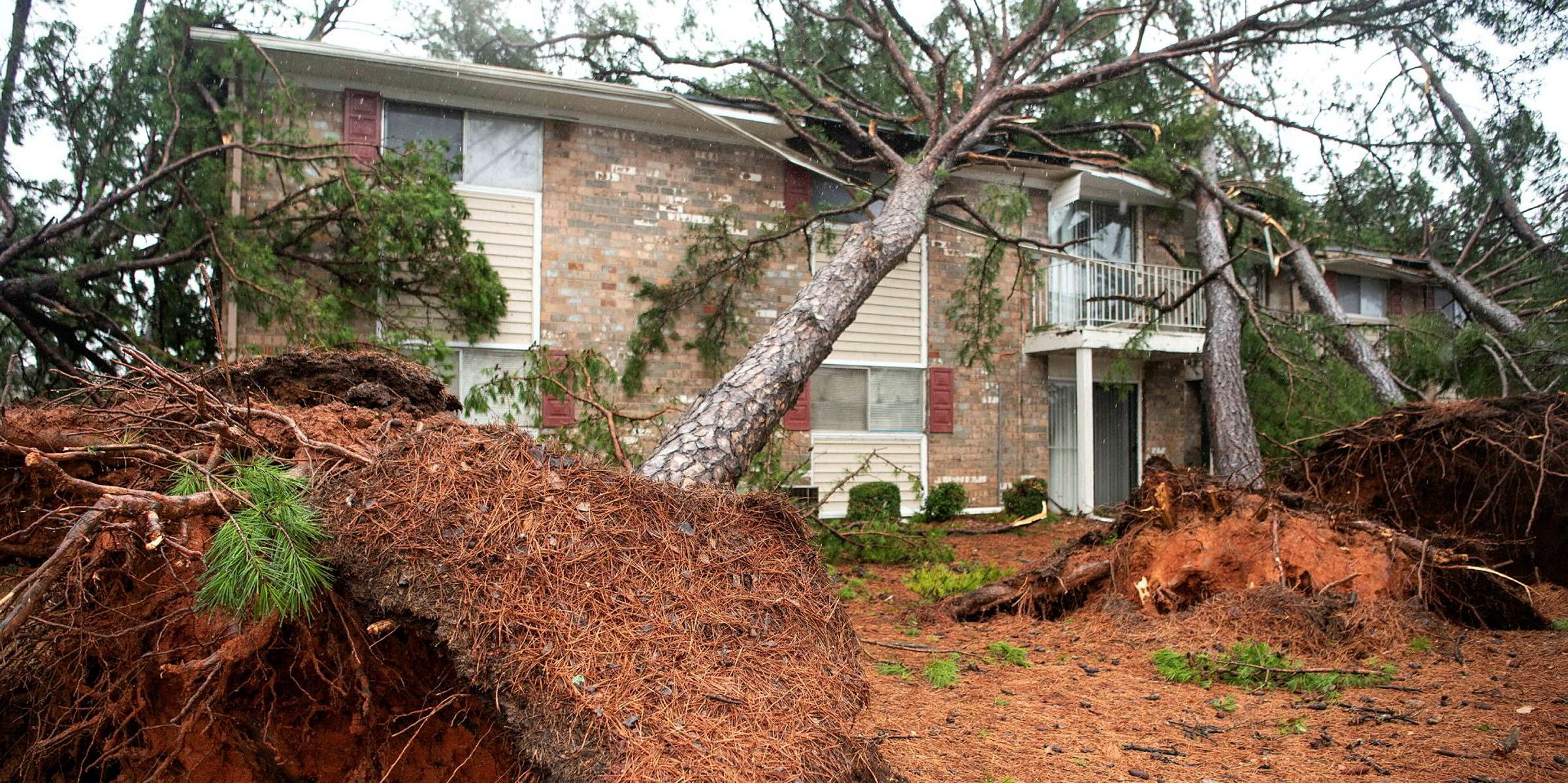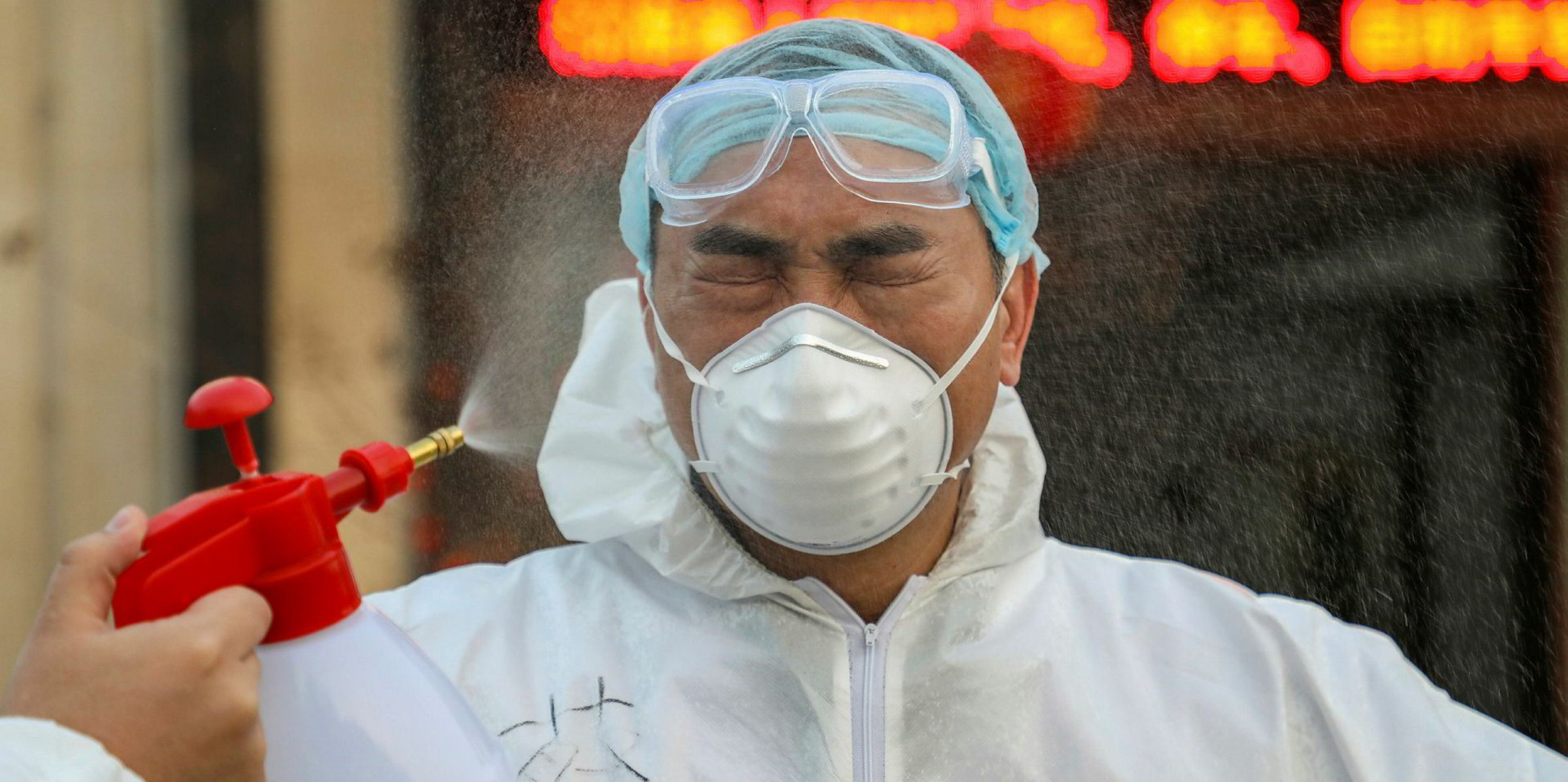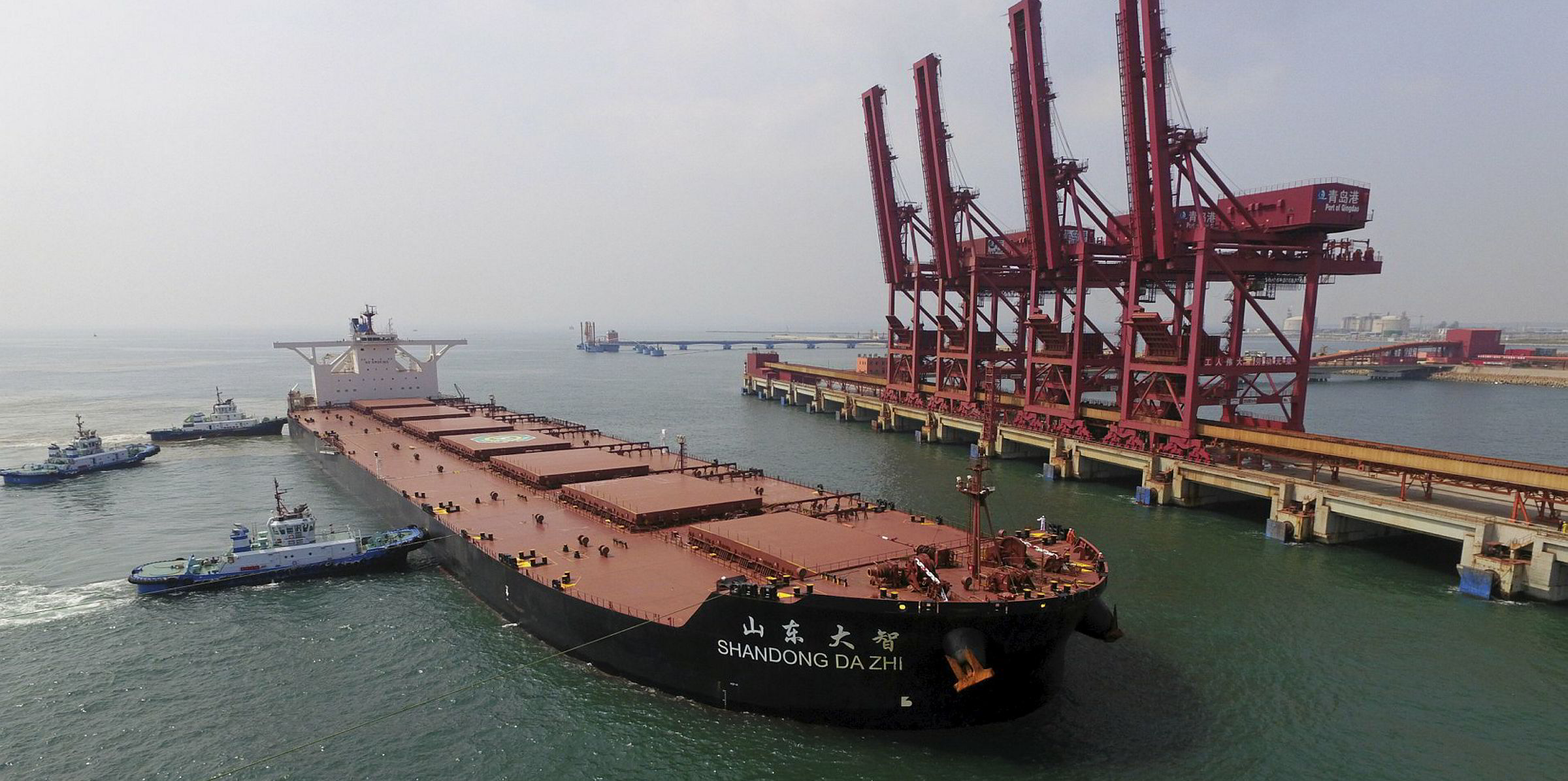The last time the Baltic Dry Index fell as heavily as it has in recent weeks was during the global financial crisis of 2008. China is the country that unites the two slumps, unsurprising as it is the source for 40% of this kind of seaborne trade.
When China catches a metaphorical cold, the rest of the world sneezes. Or in this case, when China is at the centre of a live and shocking coronavirus epidemic, then global bulk trades are bound to look pretty sick.
Stock prices of dry bulk operators have been hammered. Even tech darling Apple warned this week that its revenues would take a hit on iPhone sales in China as a result of the impact from the coronavirus.
That jolted Wall Street and, while overall stock markets have largely continued to boom, analysts are more worried than ever about slowing global economic growth.
Global growth
The International Monetary Fund has just revised downwards global growth forecasts for this year and 2021.
China's GDP was already predicted to increase in 2020 at its lowest level for almost 30 years.
And it is not just the Sars-like virus that is causing problems for the shipping industry, it is also the impact of the trade war.
The US and China may have signed a tentative “phase one” peace agreement, but tariffs remain in place and political relations remain tense.
To add to the tough picture is the impact of the IMO 2020 sulphur fuel regulations, which have taken some vessels out of the market to fit “scrubbers” and generally raised fuel costs for shipowners.
The BDI was bumping along at just over 430 points on Tuesday, which is 83% lower than on 3 September 2019.
Capesize rates on the Brazil-China route recorded by the Baltic Exchange have fallen in the past two months from more than $24,000 per day to not much over $2,000 per day
Admittedly, last autumn there was a huge spike in rates following another major slump in the summer of 2019.
But the situation now is tough and the future uncertain.
As Angeliki Frangou, chief executive of dry bulk specialist Navios Maritime Partners, bluntly put it at a financial results conference recently: “Because the [flu] situation is too fluid, we are unable to provide any meaningful indication of the effect on our 2020 activity.”
One glimmer of light for those shipowners staying in the market is that others are getting out. Demolition volumes have soared.
The latest figures from Clarksons Research show scrapping levels are up almost 150% on this time last year.
Even more telling is the fact that shipowners are willing to take even lower prices for their tonnage from the scrapyards than before.
Capesize ships are at the forefront of a demolition charge, which will eventually help bring the bulk sector towards some kind of demand/supply balance.
Iron ore
In the meantime, of particular concern is the future of iron ore trading, which is such a vital source of demand for large bulkers.
A slowdown in Chinese steel production had already hit iron ore exports even before the coronavirus struck.
Capesize rates on the Brazil-China route recorded by the Baltic Exchange have fallen in the past two months from more than $24,000 per day to not much over $2,000 per day, TradeWinds has reported.
A third of Chinese steel mills are reported to have cut their output due to falling demand for their products and difficulties bringing the iron ore from ports to plants due to a lack of drivers — again caused by coronavirus concerns.
Many steel workers are already staying or working at home pending quarantine restrictions being lifted.
Inventories of iron ore are already stacking up so it is likely to be some time before imports are needed at past volumes.
That will be the case even when the virus is definitely under control and fading, which cannot be guaranteed yet.
Scrubber delays
Chinese shipyards have also been forced to suspend or slow operations, meaning delays for some vessels waiting to get scrubbers fitted.
John Fredriksen’s dry bulk operation Golden Ocean, which has just reported strong fourth-quarter results, is one of the companies that have been affected.
Unlike the 2008 crash — caused in part by reckless bank lending — no one could have predicted coronavirus.
The current situation can only be bad for profits, and share prices after such a buoyant period last September caused optimism to rise.
Like a violent storm, the current downturn will bring down more weak trees but it will also leave space for the stronger to grow.






